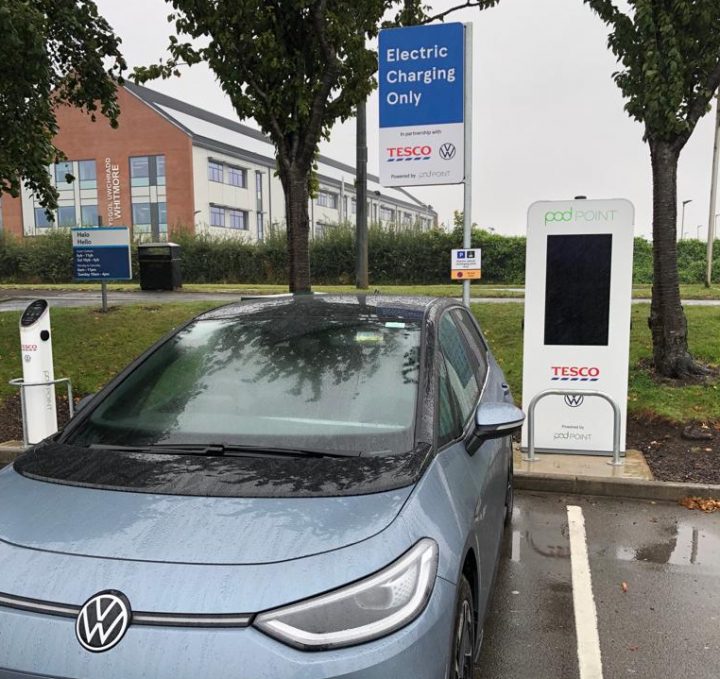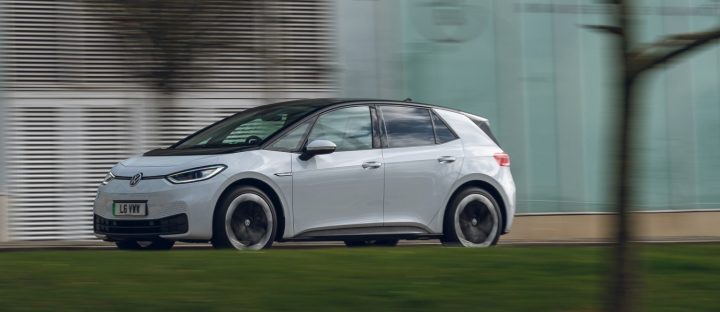Volkswagen don’t want its electric vehicles to leave a stain on society and speed up global warming so it’s entered into a long-chain programme to negate the evs carbon costs.
Emissions are created during the entire life cycle of an electric vehicle. To reduce them sustainably, we follow this principle: Avoid first, then reduce and finally compensate unavoidable emissions – with projects to protect the climate.

The holistic approach begins with measures to increase energy efficiency and the use of green power in its ev cars’ plant in Zwickau. Additionally, suppliers are obliged to use green power in the production of battery cells.
The unavoidable amount of emissions during the production phase will be reduced step by step and until then it will be compensated through certified climate protection projects. This will help to reach their goal to deliver an ID.3 and successive evs with a 100 percent CO2-neutral footprint.
These projects work to protect forests in tropical areas, where the largest amounts of carbon per hectare are sequestered, and develop renewable energies.
Over the middle term, their goal is to develop new forest conservation projects in South America and Malaysia that not only contribute to climate protection, but also support the local population over the long term and help preserve biodiversity in accordance with the UN Sustainable Development Goals.
Volkswagen is carrying out these projects in cooperation with partners including currently working with the project developer Permian Global, for example.
Until VW’s projects have been completed, it will support Permian Global’s current project portfolio to ensure the CO2 neutral handover of each ID.3.
In the UK, Volkswagen has also developed a programme with Pod Point and Tesco to equip supermarkets with free charging points which can be used by all evs, not just their own and shows their commitment to driving and widening the appeal of electric vehicles.

